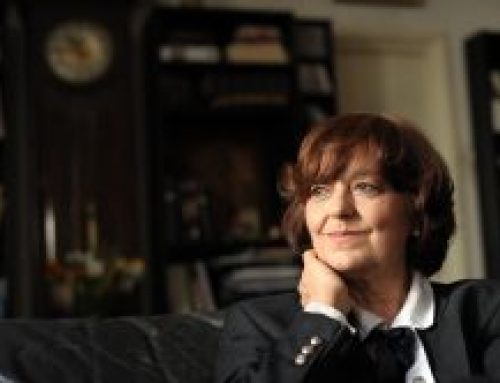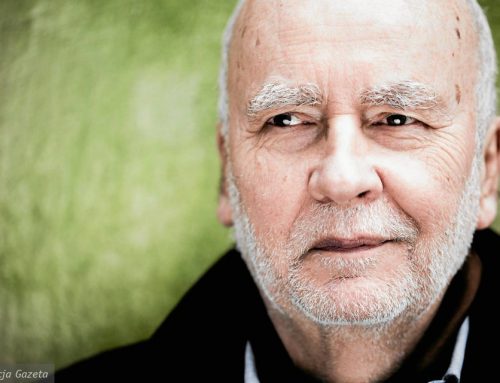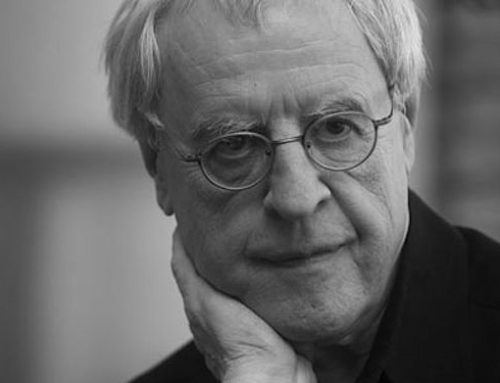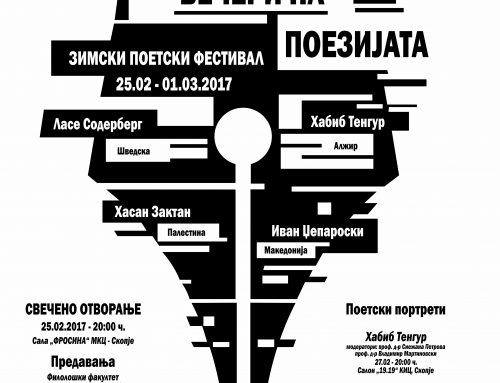The verses of the “Golden Wreath” recipient of the 54th Struga Poetry Evenings, the Chinese poet Bei Dao on the 29th of August were heard in the “Sveta Sofija” Church in Ohrid, which stands as a symbol of the spirituality of this ancient city. In an authentic atmosphere in this holy temple, where traditionally the work of the laureate is presented, Bei Dao, the recipient of the highest literary award as the fiftieth in the line of literary giants, with his verses captivated the large domestic and foreign audience.


The poetic elite was able to hear the verses of Bei Dao transformed by the radiophonic voices of the actors Robert Veljanoski and Arna Sijak. Bei Dao has compiled a work in Chinese which due to its artistic and aesthetic values, has been accepted as an outstanding achievement, and is therefore honored with our most prestigious award.


For the poetic art of Bei Dao, many studies and essays have been written by various critics, who, by using different approaches, have tried to define the key elements of his poetics. Bei Dao is the most distinguished Chinese poet of his generation, one of the leading writers in modern China. His birth name is Zao Zhenkai, born on August 2nd, 1949 in Beijing, and his pseudonym Bei Dao literally means “Northern Island”


The participants of the 54th Struga Poetry Evening, were able to see some of the cultural and historical sites in Ohrid before the portrait, and to read poetry in the center of the city, at the Ohrid Square near the “Sveti Kliment” monument.











